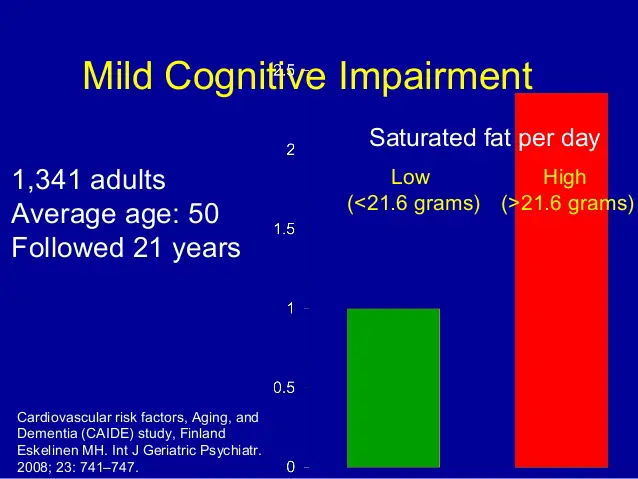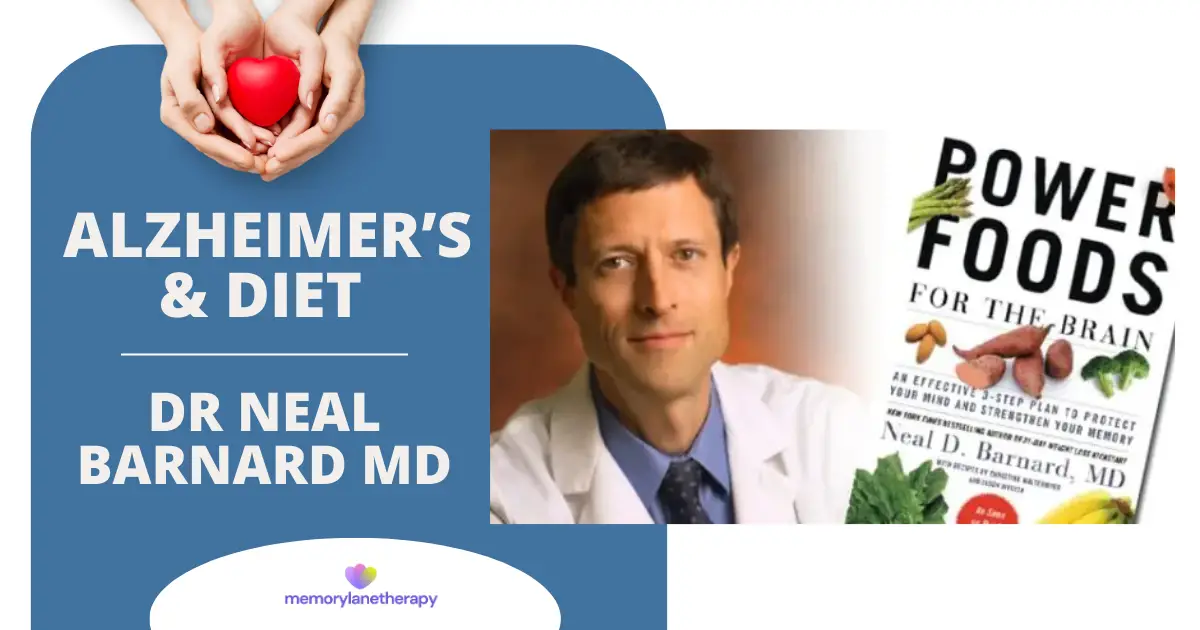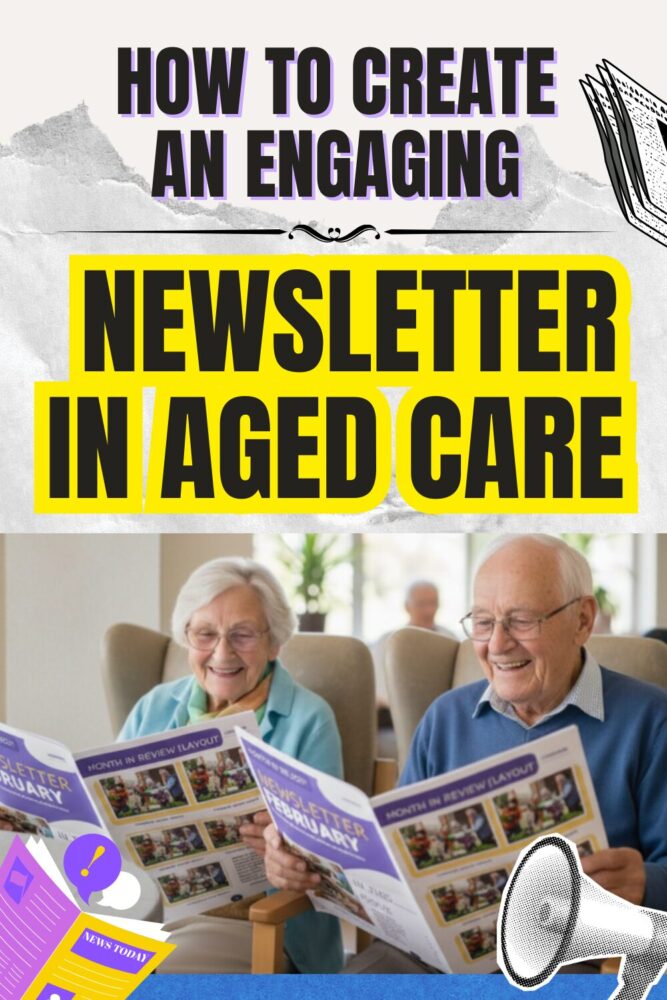Alzheimer’s disease is a progressive brain disorder that affects memory, thinking, and behavior. Doctors typically look for several key indicators when diagnosing early-stage Alzheimer’s:
- Cognitive Abilities: The ability to learn, remember, reason, and solve problems.
- Visual and Spatial Skills: Recognizing shapes and understanding spatial relationships.
- Language Skills: Effective communication and understanding.
- Personality Changes: Alterations in behavior and mood.
If multiple of these areas show decline, Alzheimer’s disease is often suspected.
Genetic Predisposition and Alzheimer’s Risk
Genetics play a significant role in Alzheimer’s risk. Carrying the APOE epsilon-4 gene can increase your risk by three times if inherited from one parent and ten to fifteen times if inherited from both. However, it’s crucial to remember that this gene doesn’t guarantee developing Alzheimer’s.
The Power of Diet in Preventing Alzheimer’s
Research has shown that dietary choices can significantly impact the risk of developing Alzheimer’s disease. A long-term study tracked the diets of thousands of people and found compelling correlations between fat consumption and cognitive decline.


The Impact of Saturated Fats
Saturated fats, commonly found in meats, butter, and dairy products, were linked to a higher risk of Alzheimer’s. Individuals consuming around 25 grams of saturated fat per day were three times more likely to develop the disease compared to those consuming 4 grams or less.
The Danger of Trans Fats
Trans fats, often present in processed foods like donuts and cakes, were also associated with an increased risk of Alzheimer’s. Consuming more than 4 grams of trans fats daily significantly elevated the risk.
Genetic Predisposition and Dietary Choices
For individuals carrying the APOE epsilon-4 gene, the impact of diet is even more pronounced. Those who avoided saturated and trans fats showed a dramatically reduced risk of Alzheimer’s, while those who consumed these fats regularly were at a significantly higher risk.
Note: This blog post provides a simplified overview of a complex topic. It’s essential to consult with healthcare professionals for personalized advice and guidance on Alzheimer’s prevention and management.
Dr. Neal Barnard MD a clinical researcher and president for the Physicians Committee for Responsible Medicine explains his top 3 steps for using Power Foods for the Brain.















